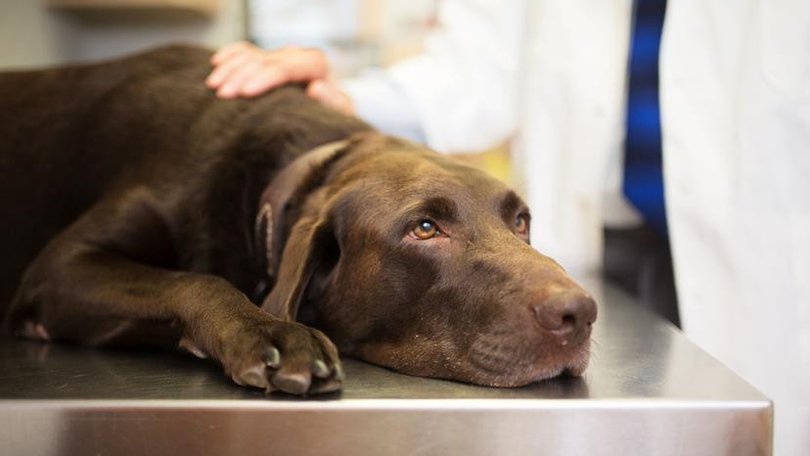RSPCA Australia shares advice to pet owners amid deadly parvovirus outbreak at NSW animal shelter

The RSPCA is warning dog owners and communities to remain vigilant after a NSW animal shelter made the difficult decision to euthanise all of its dogs following the outbreak of a deadly virus.
Queanbeyan-Palerang Regional Council said this week it had made the “difficult but necessary decision” to have all dogs at its Animal Management Facility euthanised following an outbreak of canine parvovirus.
The deadly disease can spread wildly among unvaccinated dogs, especially younger ones, and of the 20,000 cases found in Australia each year, nearly half result in death.
Sign up to The Nightly's newsletters.
Get the first look at the digital newspaper, curated daily stories and breaking headlines delivered to your inbox.
By continuing you agree to our Terms and Privacy Policy.The council said the “very serious disease” resulted in the closure of the facility on October 10, and since then, the virus had “spread rapidly between dogs at the facility”.
“The facility is not an animal hospital and with veterinary advice and attendance, we made the difficult but necessary decision to have all the dogs euthanised,” it said.
“We would like to thank the local veterinary community for their support and expertise over the last week.
“The Animal Management Facility will be closed to the public until further notice to allow us to conduct a deep clean of the whole facility.”
Following the news of the deadly outbreak, RSPCA Australia said it was important to educate the community about vaccinations and prevention of the “highly infectious” virus.
“Canine parvovirus is a viral disease of dogs that attacks and damages tissues with rapidly dividing cells (such as white blood cells and cells in the gastrointestinal tract) and can cause severe disease and death,” a spokesperson said.
“The best thing you can do as an owner is to get your own dog vaccinated to increase their protection from the virus.”
The virus can spread by direct contact with infected dogs and their faeces or contact with surfaces that have been contaminated, and it can survive up to a year in the environment, the RSPCA added.
“For dogs, the core vaccines protect against canine parvovirus, canine distemper virus, and canine adenovirus. They are usually combined within a single vaccine commonly known in Australia as the C3 vaccine
Meanwhile, the council explained the disease came to the facility through a surrendered dog, adding it meant “parvovirus is in the community”.
“We strongly encourage our community to ensure their dogs are vaccinated, and to be alert and keep an eye on their dog’s health,” it said.
But the decision has prompted fierce community debate.
“Blaming the facility for not being a veterinary hospital is not OK. You are responsible for the health and welfare of these animals and you have failed them,” one person said.
“Let’s be honest, you weighed up the potential cost, not what was best for the animals,” another said.
However, others were sympathetic to the stress endured by the shelter’s staff during the ordeal.
“My deepest condolences to the animal attendants, rangers and pound volunteers who loved those dogs wholeheartedly,” a woman said.
“Parvo”, as the virus is often called in Australia, painfully destroys the gut and intestines of the infected dogs, resulting in gastroenteritis, hemorrhagic diarrhoea, vomiting and dehydration.
According to the RSPCA, the typical incubation period for parvo is four to six days.
Here are the signs to watch out for:
- Lethargy
- Loss of appetite
- Severe or repeated vomiting
- Diarrhoea (commonly with blood present in the stool)
Pet owners who are nervous about bringing a healthy dog into a clinic during an outbreak are advised to call their local vet to work out a vaccination solution to keep their pets safe.
Originally published on 7NEWS
